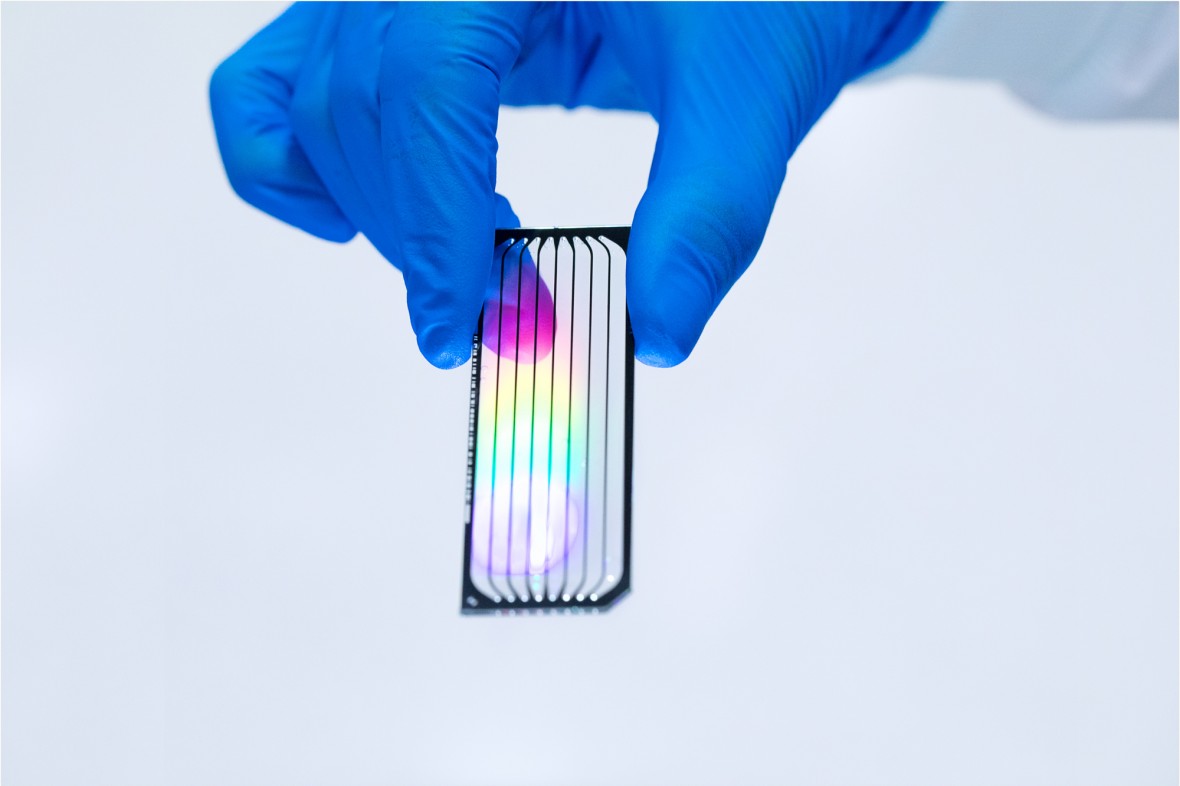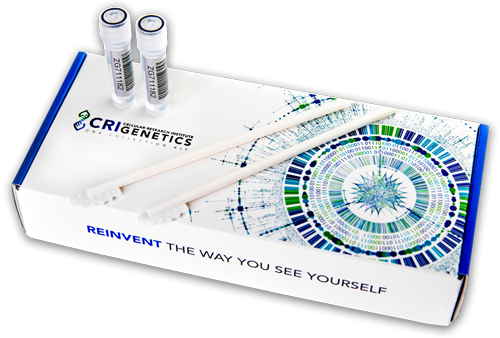
A common concern that often holds people back from learning more about their genetic makeup is the cost of a DNA test, especially when they haven’t looked at all of the options. There are differences between DNA tests, as there a different degrees of DNA testing and uses for the results.
Is DNA Testing Covered by Insurance?
According to the U.S. National Library of Medicine’s Genetics Home Reference, some more extensive health insurance plans will cover genetic testing when it is recommended by the insurance policy holder’s doctor. However, some people may forego claiming a genetic test through their insurance company because the results, if discovered by the insurance company, can affect a person’s insurance coverage.
If you do choose to pay out of pocket, the reason for your DNA test should largely determine what method you pursue, as a DNA test through a medical facility can cost from $300 to $500 on average. The cost for at-home DNA tests is much more reasonable, however. CRI Genetics' Ancestry test is available for a competitive rate of $99 per test kit.
Can I Get a DNA Test at the Hospital?
DNA testing is often used to determine a biological relationship between a baby and his or her father. A legal DNA test that must be admissible in court must come from a medical facility and accredited laboratory, such as a hospital, according to an article in Very Well Family. Legal paternity tests can generally determine whether or not an individual is to be held responsible for child support by providing a biological relationship between the baby and the father. However, if the father is not available for testing, another route can be pursued—a grandparent DNA test.
Grandparent DNA tests are another form of legal testing. They require one or both grandparents (having both will produce more accurate results), the child, and the mother of the child to provide swab samples. Though the mother’s sample isn't necessary, it does help to produce more accurate results. The test can also help protect grandparent rights and assure the biological connection between and child and his or her grandparents, in addition to proving paternity.
Paternity testing before the baby is born (prenatal) can occur in two overarching fashions: invasive and non-invasive.
Invasive paternity testing must occur at a hospital or approved medical facility and be performed by a specialist OB/GYN. Due to this requirement, many individuals who would prefer to have a DNA test conducted at their doctor’s office cannot. Within this category are two separate procedures: amniocentesis (AFT), which tests the amniotic fluid in the uterus of a pregnant woman, and chorionic villus sampling (CVS), which involves taking a sample of the placenta tissue within a woman’s uterus during pregnancy.
Both of these procedures require a needle to be inserted into the stomach and uterus of a pregnant woman to take the sample. Though determining paternity isn’t the only reason that DNA testing is pursued, it is one of the primary reasons for following through with one. That said, there are risks to these procedures, including the potential for miscarriage, that every woman considering this method should be aware of.
A DNA paternity test that's conducted after a child is born is indeed less risky and involves taking samples from the mother, father, and child to uncover genetic markers that establish commonalities between the biological parents and the child.
Can I Get a Free DNA Test?
Ancestry testing is extremely interesting, and for a reason. The results of an ancestry test reveal more information than is available to the general public, which requires extensive gathering and analysis of data. DNA tests take a great number of resources to process and analyze, requiring trained and experienced technicians. DNA testing is a time-consuming process that demands a high level of knowledge that only comes with the proper education.
It is easy to come by DNA test kits that claim to be free, but hidden fees are uncovered when companies charge for the test itself or to analyze the results of the test. In the end, given the amount of resources and expertise that goes into producing a credible, reliable DNA test, a free test will likely not employ the best resources and therefore could produce inaccurate results.
Your DNA is important, and you should be wary of where you submit it for analysis. Free DNA tests can be alluring, but the possibility of your DNA samples being used for ill purposes are much higher with companies that offer free DNA testing and analysis.
How Long Does It Take to Process a DNA Sample?
The length of time it takes to process a DNA sample largely depends on the type of DNA test you are taking. Legal DNA test results can be made available in as little as two days, but as expected for the expensive legal option, this expedited process requires a special rush order.
With ancestry and health DNA testing at CRI Genetics, we offer a money-back guarantee. This guarantee demonstrates that we stand behind our 8-week genetic report delivery policy, all while ensuring that your DNA passes quality analysis on a number of key factors. Learn more about how it works here.
What Makes a CRI Genetics DNA Test Different?

Companies offering DNA tests process samples and define results differently. At CRI Genetics, we use patented DNA analysis algorithms that are designed by highly renowned scientists, using hand-chosen genetic markers.
Peace of mind is a top priority for us at CRI Genetics. Your privacy and security are always valued in every step of your DNA test. We protect your information using standard security practices to store your sample, results, and personal information. That also means we never give away your information to a third party. Of course, if you have any questions along the way, we’re always ready to answer them.